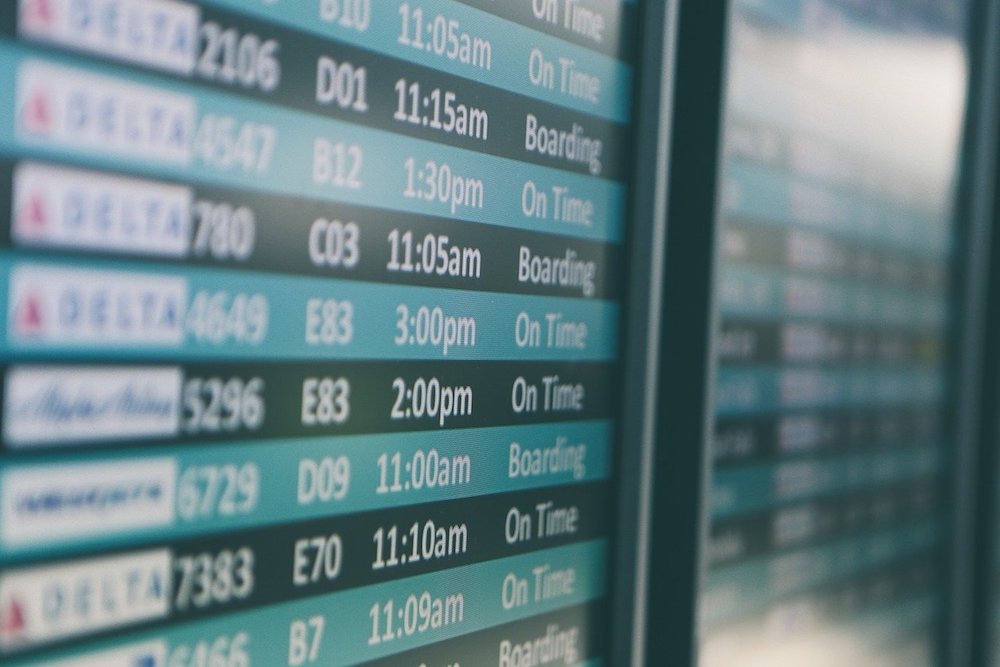Airports generate 18 billion in Minnesota | https://pixabay.com/photos/airport-travel-flights-times-690556/
Airports generate 18 billion in Minnesota | https://pixabay.com/photos/airport-travel-flights-times-690556/
According to a new study that was completed by Minnesota's Department of Transportation, $18.2 billion in economic activity is generated by public airports in the state of Minnesota.
The Minnesota Statewide Airport Economic Impact Study is about the state's airports and the details surrounding the economic report. The state has a total of 133 airports and the study focuses on the activity generated by 126 of them.
"This study shows that Minnesota general aviation and commercial aviation provide outsized value to the communities they serve," Cassandra Isackson, MnDOT Office of Aeronautics director, said in press release. "Every airport serves its community in a unique way, from supporting local commerce and jobs to supplying essential emergency and medical services. We encourage everyone to check out their community's individual airport report on the study's website."
The study found that these 126 public airports account for more than 13,000 jobs in Minnesota, which brings over $570 million in annual payroll per year.
The metropolitan airports, including Minneapolis-St. Paul International, support over 80,000 job positions and over $3.9 billion in yearly pay to its employees.
The study also reports that public airports help Minnesota in more than just one way and in fact, help in several areas. The airports offer job increases and constantly available positions for employment, as well as drive traffic to businesses that are local to the airports and create jobs at those businesses to keep up with the traffic that is driven by travelers.
MnDOT reports airports are key in helping hospitals, especially in rural areas. The airports provide quick access to doctors and for organ transplants.
The last airport economic impact study was completed in 2011. Individual economic impacts for the airports are also outlined in the study.
The study was funded with grants through the Federal Aviation Administration, which also was a partner in the study.


 Alerts Sign-up
Alerts Sign-up